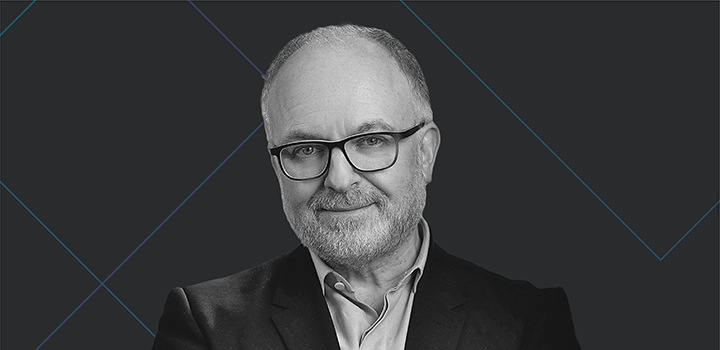Living longer than expected: 5 questions with Andrew J Scott

Andrew J Scott, Professor of Economics at London Business School, is a renowned researcher on the effects of longevity, economics and technology on society.
Professor J Scott maintains that new technology, longer lifespans and human progress are changing how we think about our lives. The majority of children born today can expect to live to more than 100.
We asked him what this means for financial planning and the future of retirement.
Q: In South Africa, where we have a younger demographic, an ageing society does not appear to be a pressing issue. Why is this not the case?
In South Africa, the young for the first time ever can expect to become old. You have the first generation with a higher than 50% chance of getting old. This means you have to plan your lives differently.
Q: What advice should a financial adviser give a 35-year-old client in planning for a 100-year life?
You need to get the message across that they have a lot more time ahead of them than past generations. Getting people excited about a longer life is important as I don't think 35-year-olds get excited about retirement. They should think about what their future self at 45, 55, 65, would want them to have done now - from skills, to health and good relationships. You have to look at a broad portfolio, not just focus on money.
Q: In the 20th century we invented two new life stages - teenagers and retirement. What new stages beyond our current education-work-retire model do you predict?
Midlife transitions when people in their 50s are bored with their jobs and want to try something new. Instead of retirement, people will transition to part-time roles or start businesses. People in their 20s are taking on adult obligations like marriage later, so the 20s could become a stage of "adult development" before becoming an adult.
Q: You say the evergreen economy could become a new multi-trillion dollar sector. Please explain?
The silver economy is about products and services for older people, like care homes and walkers. But we want people to age better, to be fit and productive for longer, so the evergreen economy is about ageing well. Individuals, companies and countries who crack healthy ageing will benefit from a major comparative advantage.
Q: Living longer means working for longer to fund our lives, but technological advances may lead to fewer jobs. How does this affect future generations?
Technology actually has the capacity to make our work more fulfilling. Governments and firms must use technology to augment the quality of work, rather than to automate work away.
AI and automation will be good for jobs for older workers because they make it easier to carry on doing physical work. We will see the emphasis on human skills, which is about listening, making the most of a team. And while I don't like age stereotypes, there is data that suggests older people are on average better at interpersonal skills than younger people